Brea Grease Trap Cleaning
Grease Trap Cleaning | Grease Interceptor Pumping | Used Cooking Oil Collection
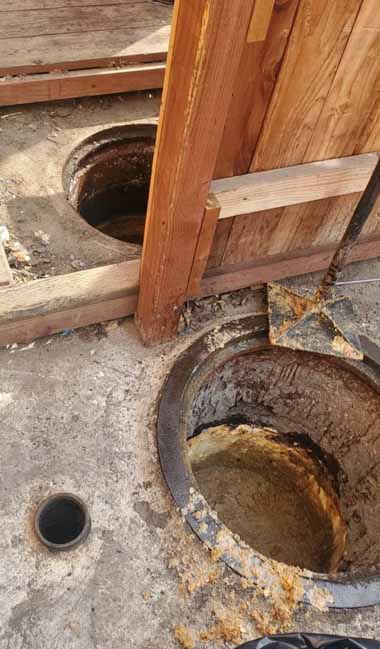
The city of Brea mandates that all commercial kitchens have a device that will prevent FOGS waste release, known as a grease trap or grease interceptor. Commercial kitchens must maintain their FOGS level at 25% or less to comply with industrial waste. Excessive grease and food solids levels inside the device can lead to contamination of sewer lines, causing backup and overflow.
FOGS Control
Commercial grease traps and grease interceptors are known as the heart of the kitchen. It must regularly be maintained and cleaned to keep it from causing any unwanted plumbing dilemmas.
Is My Grease Trap Full?
A GREASE TRAP or GREASE INTERCEPTOR is full when the Fats, Oils, Grease, and Solids (FOGS) content exceed 25%. These devices become ineffective it exceeds the maximum allowable FOGS and wastewater ratio, causing the plumbing to back up, slow drain, or overflow. Without a proper preventative maintenance strategy in place, you gamble with the drainage system making it vulnerable to back-up and overflow, creating a hazardous environment on the premises.
- Grease Trap Cleaning
- Grease Interceptor Cleaning
- Hydro Jet Plumbing
- Used Cooking Oil Collection
- Clarifier & Ejector Pit Cleaning
- Grease Trap Repair
- Grease Interceptor Repair
- Plumbing Repair
Brea Restaurant Specialist
Grease Traps & Grease Interceptors
There are two types of FOGS recovery or control device that a food servicing establishment will have; a grease trap or a grease interceptor. Both apparatus's objective is to prevent the bulk of fats, oils, grease, and solid waste from entering the city's sanitary sewer system. The significant difference between the two is the sizing: a grease trap is less than 250 gallons, and grease interceptors are 250 gallons and above. Both units connect to the plumbing system designed to gravity settle FOGS waste originating from the kitchen.
All food servicing establishments must acquire a FOGS recovery device approved by the city. Furthermore, the content inside must be appropriately removed, hauled, and disposed of by a licensed hauler at a treatment plant.
If you are looking for a company that can assist you with your commercial grease management and plumbing requirements, you have come to the right place. We work with highly qualified grease and plumbing specialists that will deliver superb service quality.
Purpose of Fats, Oils, Grease, & Solid Devices
A grease trap or grease interceptor is a separator of fats, oils, grease, and food solid waste preventing it from entering the sewer lines that could cause it to slowly drain and overflow. It's a plumbing unit that is mandatory for all food servicing establishments to treat the waste liquids and solids from the commercial kitchens.
A grease trap or a grease interceptor is a plumbing device that stops most fats, oils, grease, and solids, also known as FOGS waste, from entering the city sewer system. Massive quantities of fats, oils, grease, and solids debris from commercial kitchens such as restaurants, bars, food manufacturers, etc., can overwhelm the city sewer lines causing a hazardous overflow. Mainly all liquids going into the drains inside the kitchen enters the grease gravity device. To reduce the amount of grease and solids entering the trapper, scrape off all debris from the dishes, cooking utensils, pots, pans, etc., before placing it in the dishwasher or sink. Furthermore, cooking oil from deep fryers should never be poured down the drain; instead, be placed in a cooking oil recycling bin. With best management practice, it will help prevent plumbing issues from emerging.

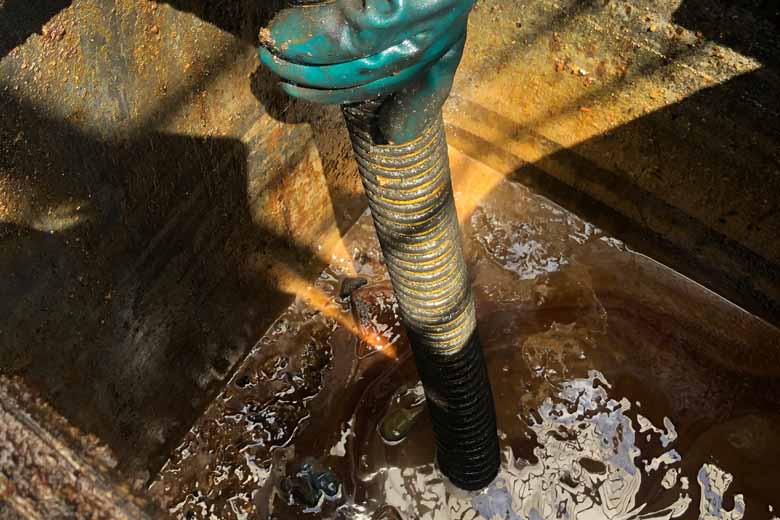
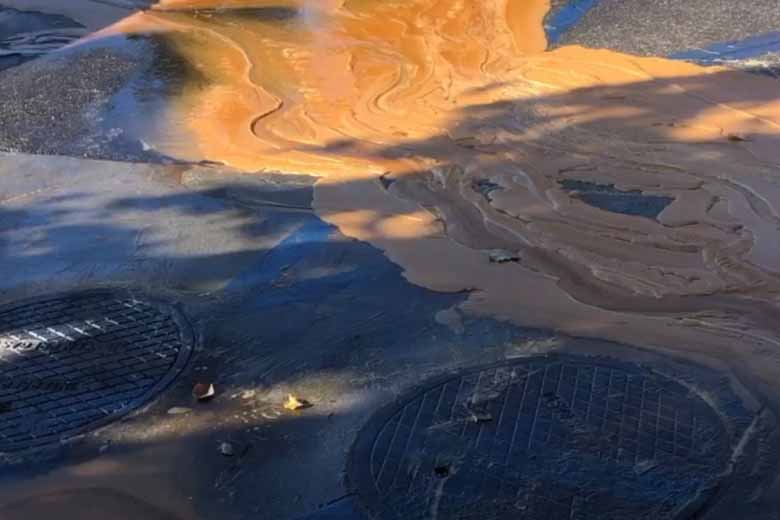
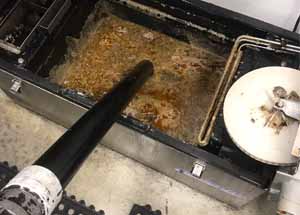 Grease traps are significantly smaller than grease interceptors. For this reason, traps are less efficient and can reach 25% F.O.G.S. content within four to six weeks.
Grease traps are significantly smaller than grease interceptors. For this reason, traps are less efficient and can reach 25% F.O.G.S. content within four to six weeks. 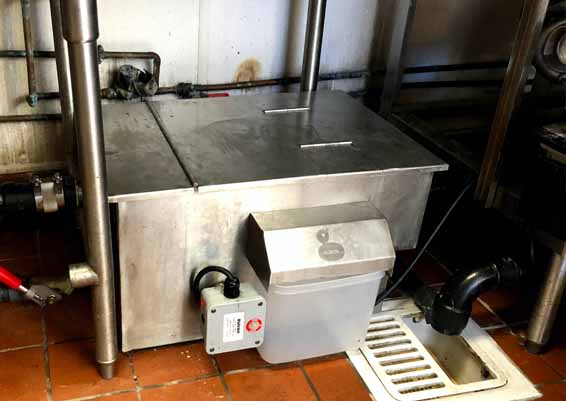
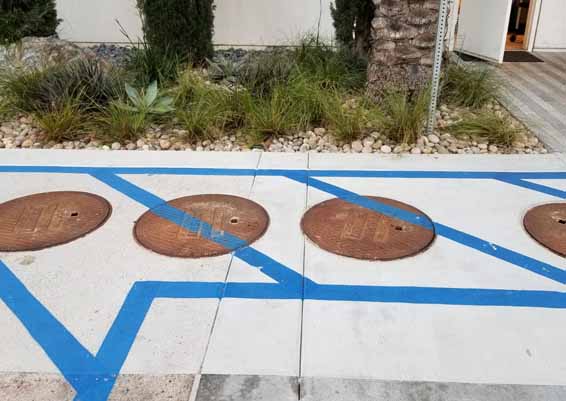
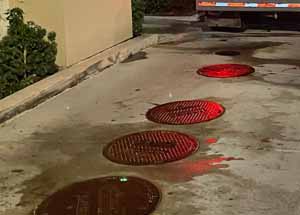 Large grease clarifiers or interceptors require larger spaces for this reason; they are established outdoors, typically in the parking area. Unlike grease traps, these devices can go longer cleaning service intervals, from three to four months.
Large grease clarifiers or interceptors require larger spaces for this reason; they are established outdoors, typically in the parking area. Unlike grease traps, these devices can go longer cleaning service intervals, from three to four months. 
